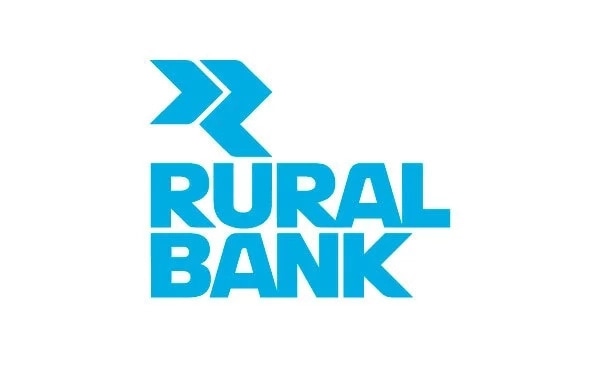
If your business is in need of a cash influx, you may want to consider the possibility of securing a short-term loan to help you meet your goals.
The Small Business Association reports that in 2015, the U.S. was home to over 28 million small businesses that employed over 56 million people. And Wasp Barcode’s 2016 State of Small Business Report found that in a survey of over 1,100 small businesses, 71 percent of small businesses are expecting growth in 2016. If you’re a small business, now may look like a great time to start growing. So how do you keep growth up when sales are up overall, yet you don’t have enough cash to finance the day-to-days of running a business when sales hit a dip? Short-term loans may be an option.
Short-Term Loans May Help Bridge Gaps
Finding the cash you need through short-term loans can be a smart resource to have in your toolbox.
Short-term business loans are meant to bridge gaps, not offer financing for larger business ventures like purchasing equipment. (Your first hint of that is in the name: short-term.) If you find yourself keeping your operating reserves at a certain level, paying for building improvements or adding much-needed developers to your payroll, short-term loans can help you out of a bind.
My first tip is to establish a relationship with your business banker. As your bank knows your deposit history, it may be easier for them to review your deposits and know what you’re good for when it comes to a short-term business loan. These loans will typically have terms of less than a year and your business may get a lump sum of cash and pay it off over an agreed upon time frame. If you’re looking for even shorter time frames than a year, consider speaking with your business banker about getting a business line of credit. These operate more like a credit card in that you have an available line and can draw against what’s available.
The Costs of Short-Term Loan
Once you’ve established that relationship with your banker, you may want to inquire about the costs involved with using a short-term loan. This can be especially important if you’re looking at online lenders.
Getting a full accounting of the loan costs—including interest rates, fees, prepayment penalties (if any) and extension fees—can be beneficial. Reputable lenders should be able to provide these costs up front and prior to signing for the loan. If you don’t see them, asking or even picking up the phone to speak with a customer service representative may help get you the answers you need.
Finding a Lender
Speaking of where to go, I’ve mentioned both your bank and online lenders as potential sources for short-term business loans. If you want to shop around online, consider doing a web search for “short-term business loans” and start clicking. You’re going to find a wide variety of lenders out there—and the numbers keep growing each year. They’ll each have their own lending criteria as well. For example, some lenders might not offer loans if you’ve been in business less than a year. Others might be more lenient with their lending criteria, but you may have to pay for that leniency via their interest rate. At the time of the writing of this piece, two popular online lenders ranged between 9 percent and 98 percent interest. While those rates may not be comparable to what you may find at your bank, many small businesses find themselves in cash crunches where their bank might not be able to help them as quickly as they need. Thus online lenders combine speed of funding with the convenience of applying online to command higher rates.
As an alternative to short-term loans, you might also want to explore invoice-based lending. This service is available from a variety of online lenders. Simply put, they use your outstanding receivables as collateral and advance you either a percentage or the full amount of an invoice. You can repay the advance over time. Typically there will be an origination fee of sorts along with fees paid for each repayment installment. You may find that you save money in fees by repaying an invoice advanced early as well.
When it comes to short-term loans and lending, knowledge can be power. You may want to spend the time exploring your options before you have a need for a short-term loan. Researching short-term loans can be a fantastic task for an assistant or your bookkeeper or accountant. They can give you a side-by-side comparison of what your bank offers along with options for online lenders for both short-term loans and receivables lenders. This way, you can have everything on-hand should the need for a short-term loan arise. You can then be able to make a more informed decision about the best short-term business loan scenario for your specific needs without necessarily being pressured by time.
Author: Erika Napoletano
Columnist, American Express OPEN








